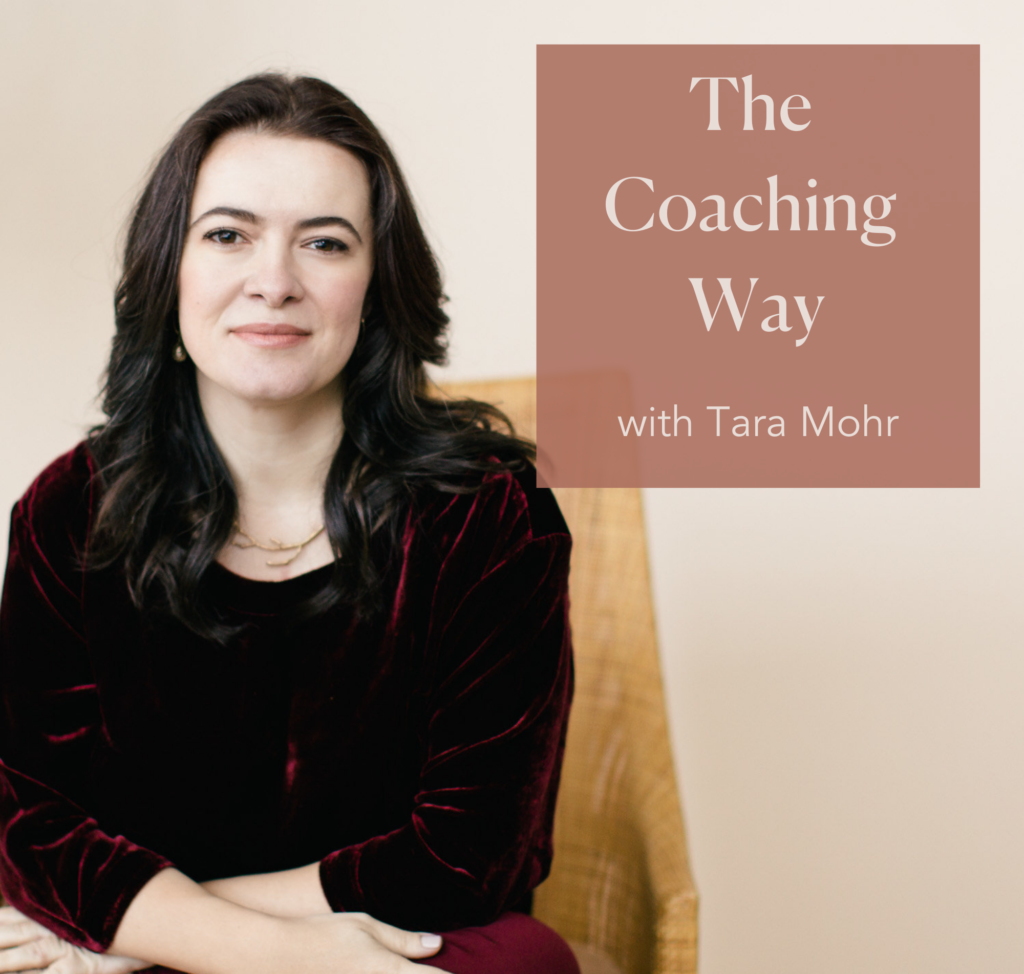After a decade+ of coaching, I’ve come to a few beliefs about it. Here are eight of my convictions about coaching – and I would love to hear, which ones resonate most for you?
1. For me, the bottom line is this: as human beings, we have a powerful source of wisdom and guidance within. In Playing Big, I wrote, “There is a voice in each of us that is unburdened by fear and untouched by insecurity, that has utter calm, that emanates love for oneself and others, and that knows exactly who we would be if we were brave enough to show up as our true selves.” This is true for every one of us. But the tricky part about being human is that we are – most of the time – disconnected from that source of inner wisdom. Fears, self-doubt, stressors, other people’s voices, our own wounds, and simply our lack of slowing down to tap into that wisdom – all keep us from staying connected. Coaching is about using relationship, and a special kind of focused dialogue, to reconnect people to their inner wisdom.
2. Coaching works because of some beautiful truths about human beings. As humans, we need space to unravel our thoughts and feelings in words. We need to be lovingly seen, heard and witnessed by other human beings. And we are able to change, to shift, based on the ideas, imagery, questions, we give to our minds.
3. Coaching works because human minds and hearts are extremely responsive to conditions – the prompts and energies around them – and we can therefore change our perspective, mood, or thinking around a subject simply because of the questions or energies we are met with.
4. Coaching can be highly efficient – a coaching conversation might go on for thirty minutes, but powerful coaching conversations can be had with team members, advisees, clients in ~5 minutes. Coaching moments can be woven into busy lives.
5. Coaching well requires rigorous learning and practice. Learning to coach well has been one of the most serious and challenging kinds of learning I have done. There are particular mindsets – and specific skills – that lead to good coaching. And what we learn in coaching training is very different from what we learn in a traditional education.
6. Learning to coach well also requires a great deal of unlearning. We must unlearn the belief that our complicated thoughts are the good ones, and come to know the power of simple questions and truths. We must unlearn the notion that we are valuable because of the answers we bring; as coaches, our value often stems from the quality of our questions. Even more profound, as coaches our value sometimes comes from the quality of our listening, of our attention.
7. Learning to coach is more like learning to play a new sport or learning to play a new instrument than it is like mastering a new subject area. The learning is highly experiential – it requires building new muscles, capacities and skills.
8. Coaching is counter-cultural. Coaching has us meet people with love and reverence in a culture that does not meet people that way. It is counter-cultural because it says our inner life matters. And coaching is counter-cultural because it affirms we can each access our wisdom, our next right step – without the intermediary of an institution or authority, without turning outward for the next instruction or the next salve.
If you’d like to weave coaching into your work, or if you already coach and are interested in my approach, visit here to learn more about my newest program, The Coaching Way.








